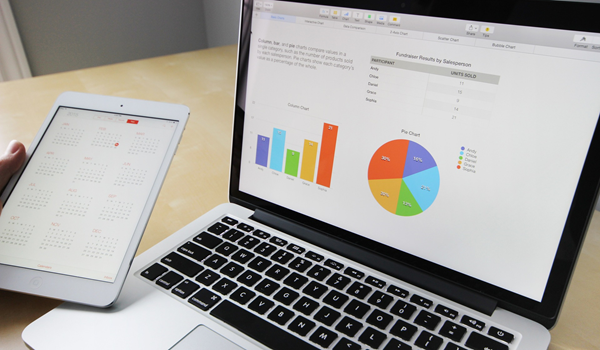Test Results
Results of Tests and Investigations
Doctors, nurses or midwives ordering blood tests or other investigations/tests will discuss with you how to get the results. If you do need to telephone the practice for results, please do so after 2.00 pm as this may action your request quicker as we are less busy at this time.
Normal time period for when test results are available:
- Most blood test results are available within 7 days.
- Urine and pregnancy tests within a week.
- Smear tests take up to one month and are sent to you by post.
Before you leave the surgery you should expect to have a clear understanding of when and how any test results will be made known to you. We would attempt to contact you about seriously abnormal results, but you should always check with us on the result of a test.
As reception staff do not have the medical knowledge to advise on the clinical detail of the blood test results, they will only confirm that the result has been received & reviewed by a GP, or not, and if so that the test is normal or if any further action is required. If you would like further discussion or interpretation of the results then please refer to your doctor.
Please note that we do have a strict policy regarding confidentiality and data protection. In this respect we will only give out results to the person they relate to unless that person has given prior permission for their release or if they are not capable of understanding them, or the patient is under 16 year of age.
If your test was taken at a hospital appointment then the consultant or a member of their staff will be responsible for discussing the results with you.
Blood Tests
A blood test is when a sample of blood is taken for testing in a laboratory. Blood tests have a wide range of uses and are one of the most common types of medical test. For example, a blood test can be used to:
- assess your general state of health
- confirm the presence of a bacterial or viral infection
- see how well certain organs, such as the liver and kidneys, are functioning
A blood test usually involves the phlebotomist taking a blood sample from a blood vessel in your arm and the usual place for a sample is the inside of the elbow or wrist, where the veins are relatively close to the surface. Blood samples from children are most commonly taken from the back of the hand. The childs hand will be anaesthetised (numbed) with a special cream before the sample is taken.
You can find out more about blood tests, their purpose and the way they are performed on the NHS Choices website.
X-Rays
An X-ray is a widely used diagnostic test to examine the inside of the body. X-rays are a very effective way of detecting problems with bones, such as fractures. They can also often identify problems with soft tissue, such as pneumonia or breast cancer.
If you have an X-ray, you will be asked to lie on a table or stand against a surface so that the part of your body being X-rayed is between the X-ray tube and the photographic plate.
An X-ray is usually carried out by a radiographer, a healthcare professional who specialises in using imaging technology, such as X-rays and ultrasound scanners.
You can find out more about x-ray tests, how they are performed, their function and the risks by visiting the NHS Choices website.
